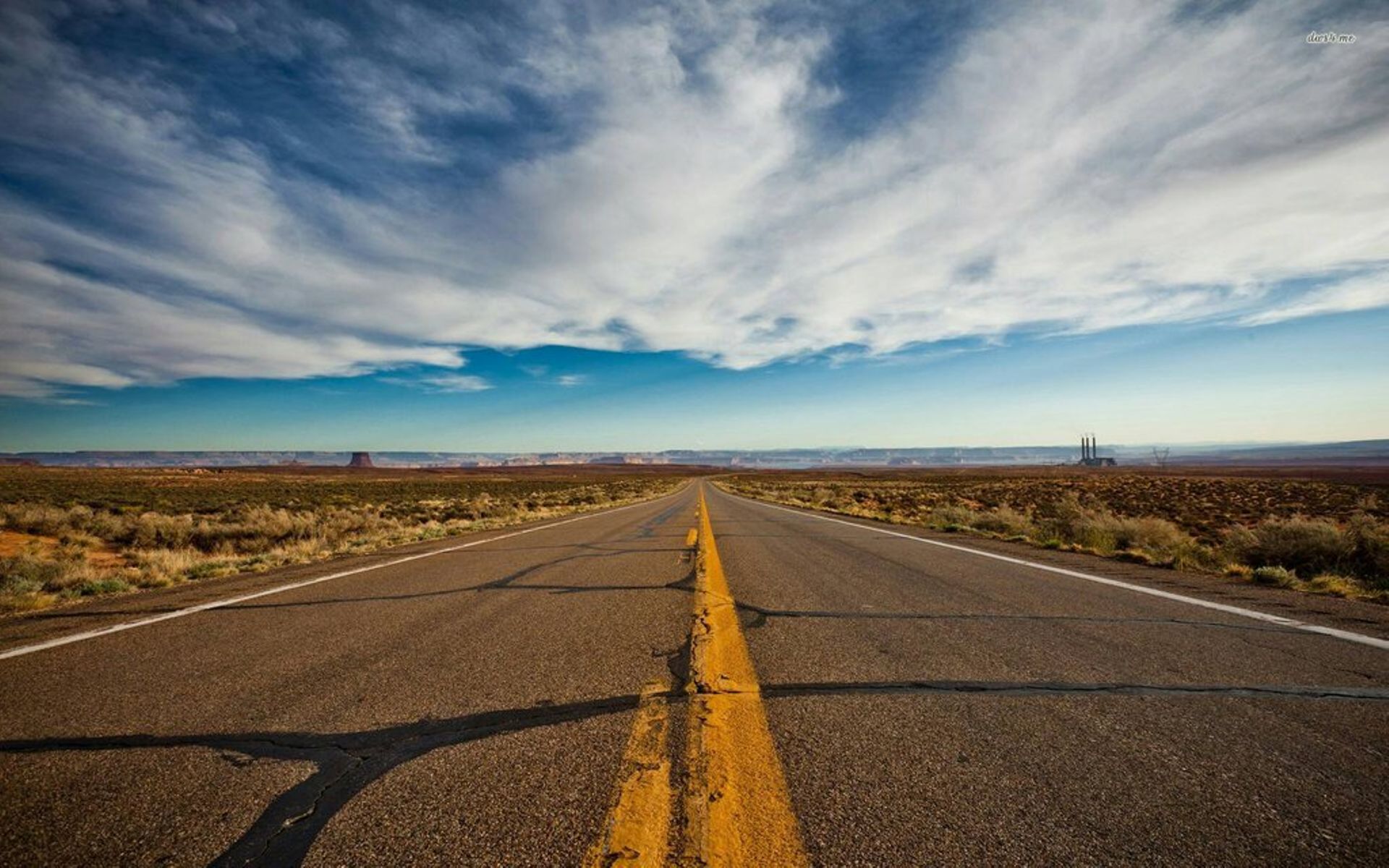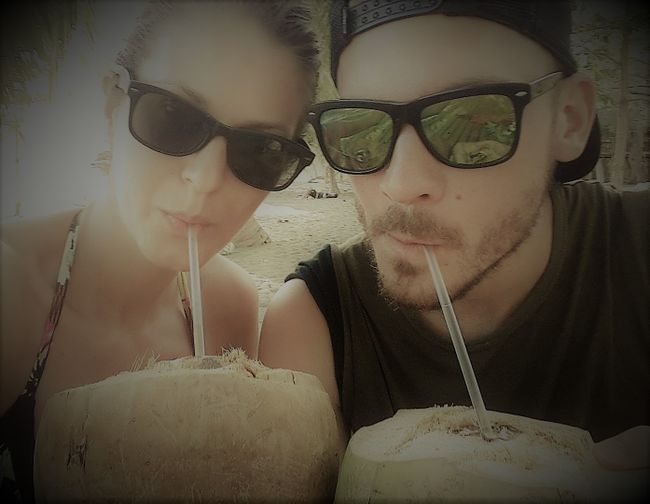There is rice, baby! - Sa Pa
ප්රකාශිතයි: 17.10.2017
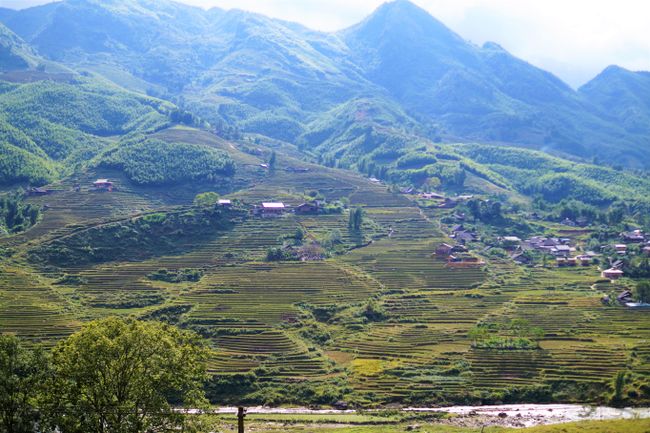
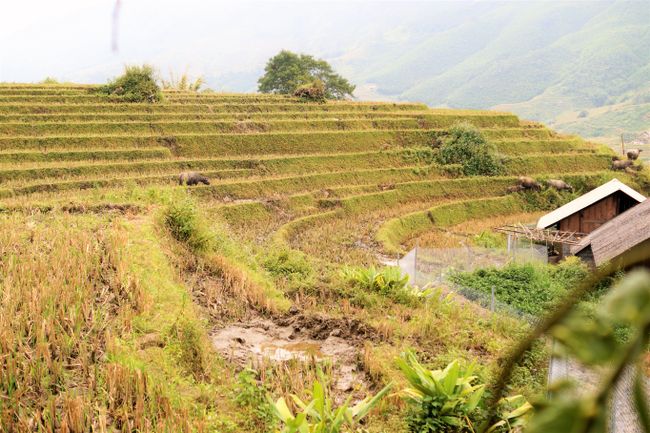
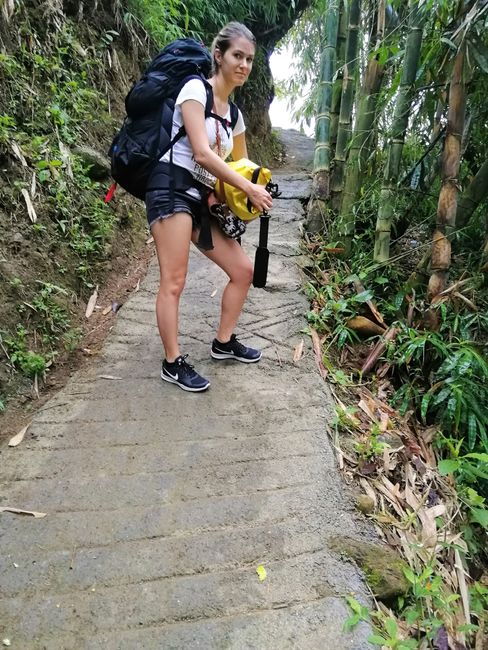
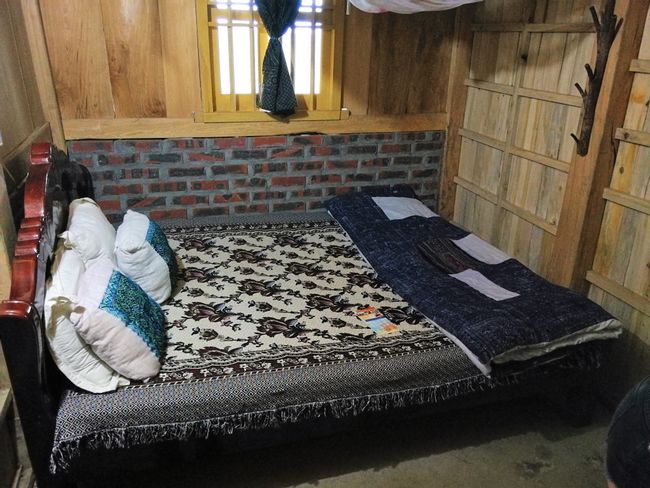
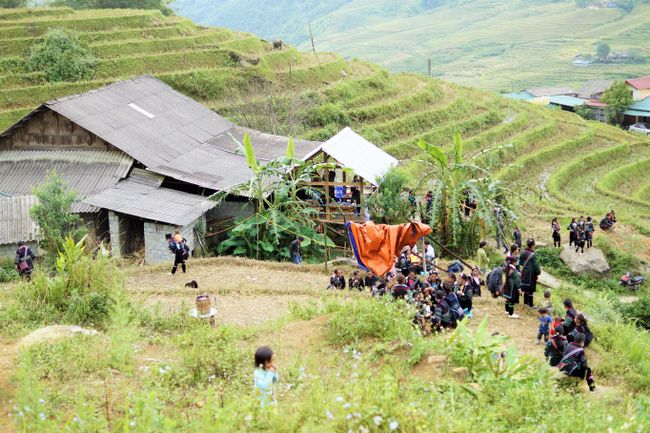
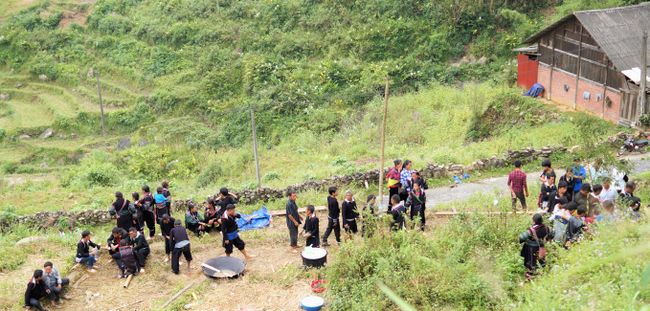
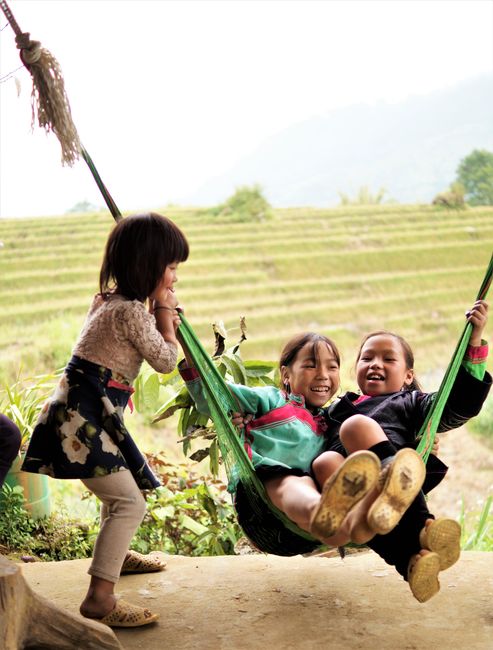
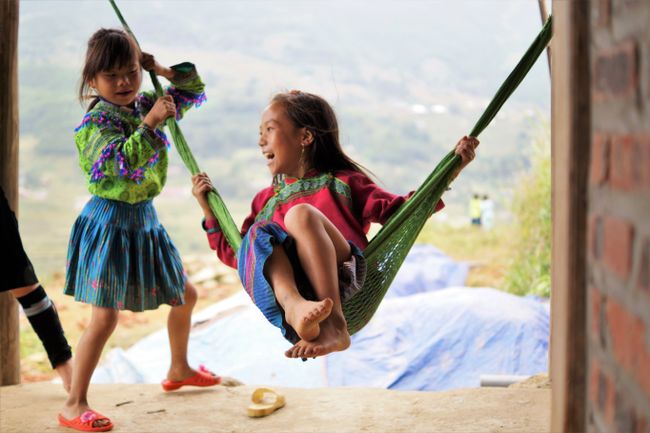
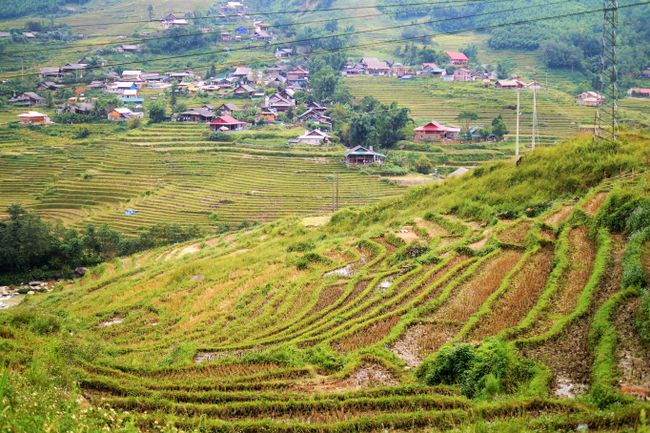
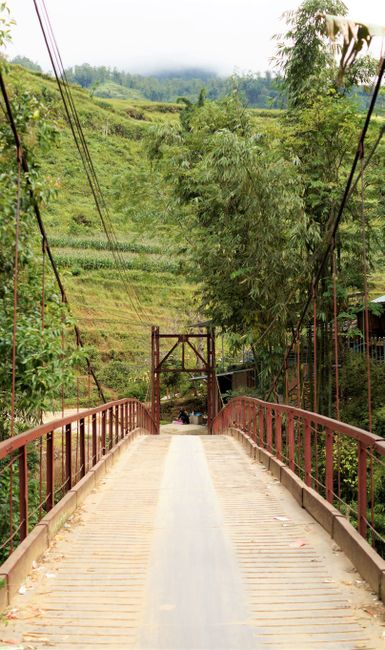
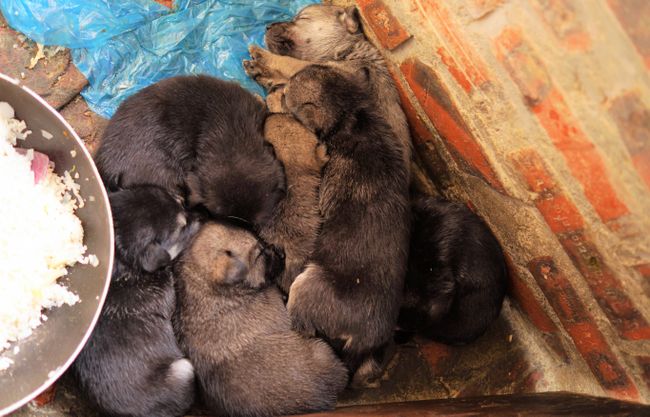
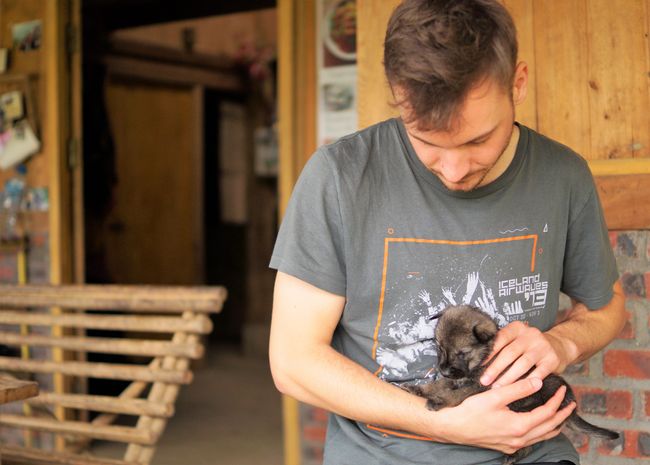
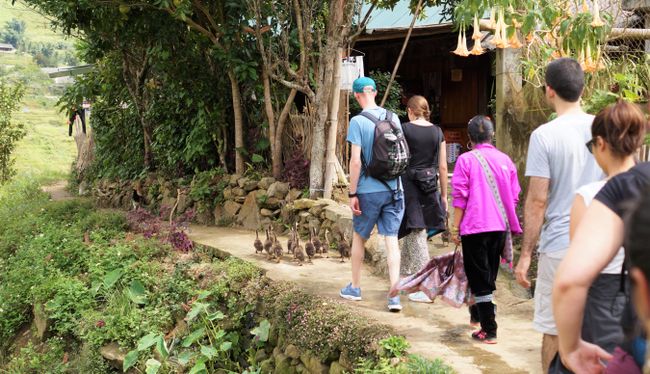
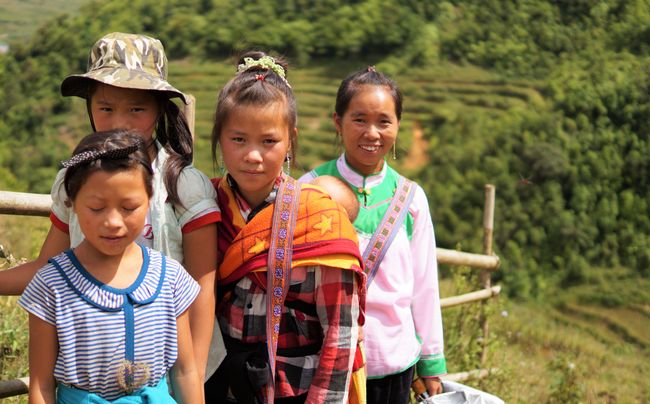
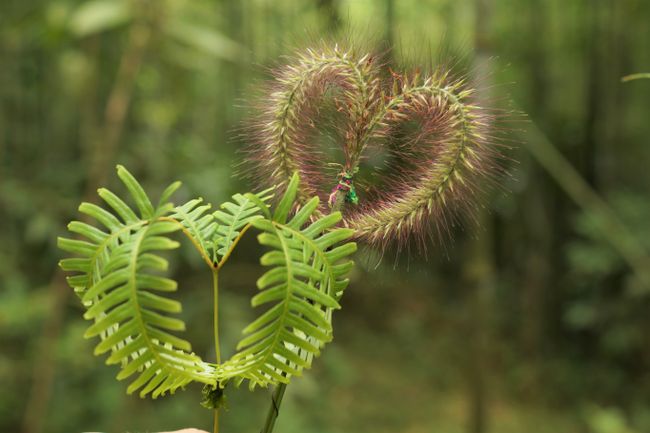
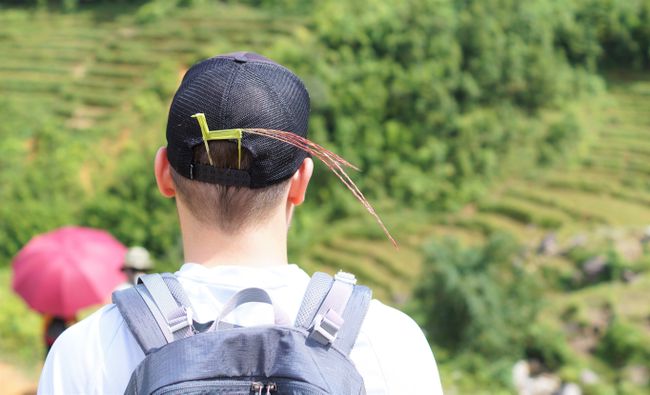
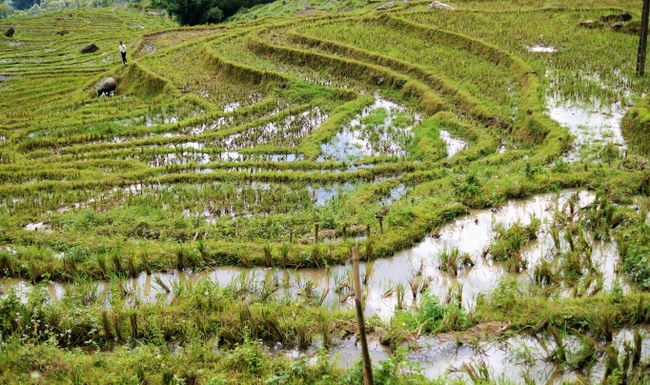
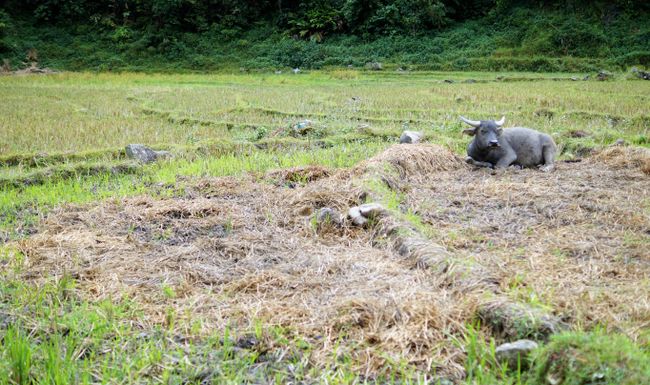
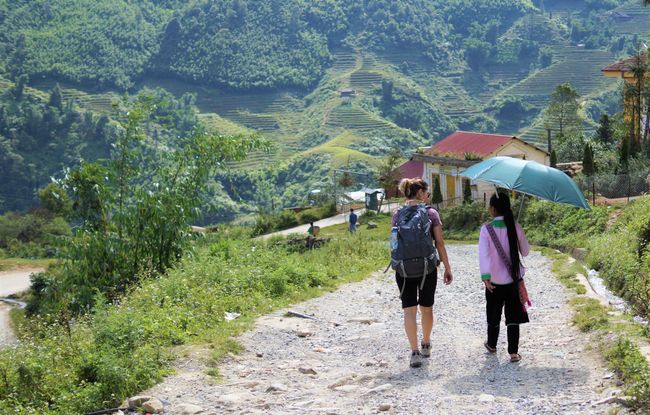
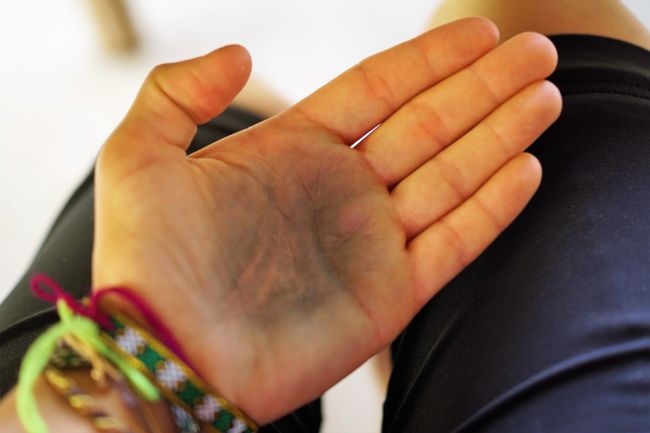
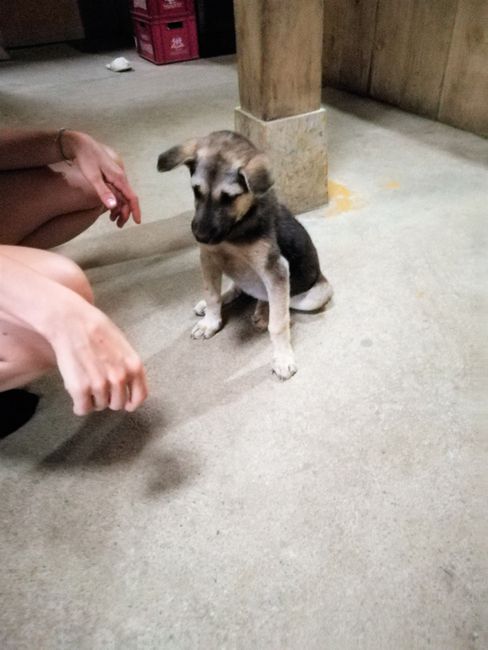
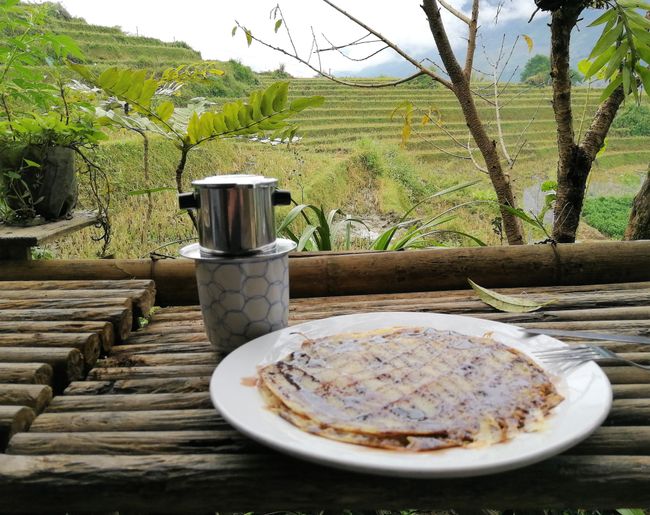
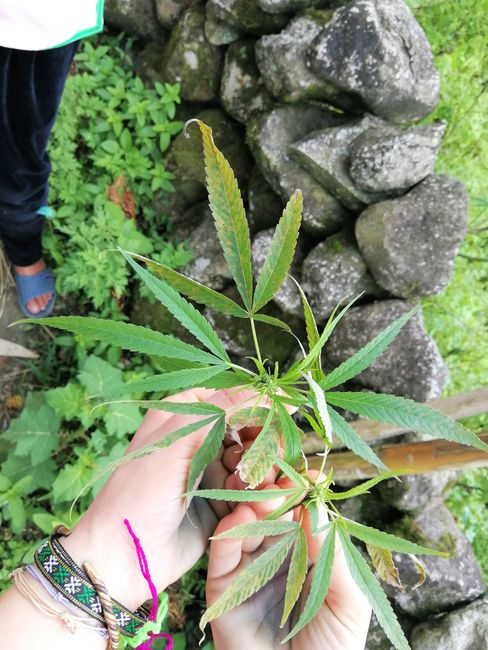
පුවත් පත්රිකාවට දායක වන්න
14/10 - 16/10

In Hanoi, we still had some time for a small meal. In our street, there was a lady who fried fresh spring rolls hidden in a corner. Since I had two hands free, I naturally took two pieces. Unfortunately, they were still too hot to be eaten on the spot. So we went back to the hotel, where to our surprise, someone from the bus company was already waiting for us - 15 minutes early! So we quickly grabbed our big backpacks and hand luggage - me still holding two spring rolls in my hand - and followed our guide. He led us two intersections further and asked us to wait - finally time to have a snack. Then an overcrowded minivan came by, where our luggage was loaded and two of our fellow travelers got on. We had to wait and were picked up by a motorbike shortly afterwards. The three of us, without helmets, went on a long 2-minute slalom ride through the streets of Hanoi in the style of Alberto Tomba. In the overnight bus itself, it wasn't actually half as bad. The only misconception is that you save time in an overnight bus. Emi hadn't slept a wink all night because she was constantly exposed to panic attacks due to the bus driver's driving style and had to say goodbye to the sweet life several times. Eventually, we arrived safely in Sa Pa. We spent the rest of the morning in our accommodation - but with the aim of making up for sleep
to catch up.
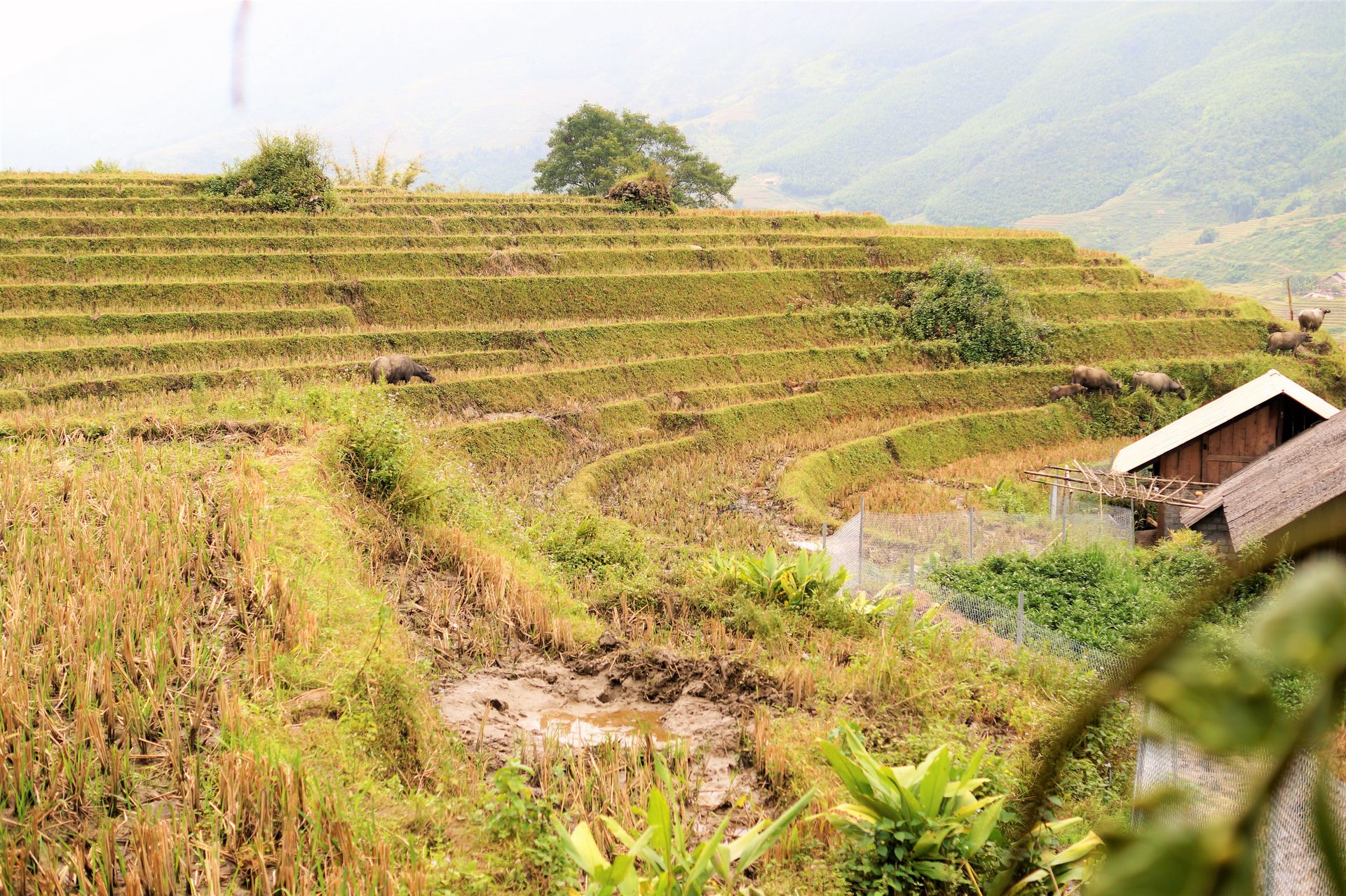
In Sa Pa and the surrounding mountain region, mainly ethnic minorities live, who earn their living through agriculture - especially rice cultivation. For years, the region has been developing more and more into a backpacker destination, as visitors are fascinated by the beauty of the landscape. We were also happy to be back in the green. The locals have understood how to capitalize on the increasing number of visitors - there are numerous opportunities to stay with the local population in their homes - in so-called homestays. The backpackers have cheap accommodation in the midst of a stunning landscape and get to know the culture of the local population groups. Win-win situation for both sides!
We were in a small village 10 km outside of Sa Pa over the weekend. At that time, a festival of the locals was taking place next to our accommodation. An interesting spectacle. The festival lasted for three days. Two water buffaloes were slaughtered for sufficient meals. We found the division of gender very interesting. The men disassembled the meat, poured themselves copious amounts of rice wine, smoked bongs, and made strange music on undefined instruments. In the meantime, the women were somehow preoccupied, some had to accompany their drunk husbands home in the afternoon. Sometimes drunken festival-goers also came to our accommodation to bum a cigarette.

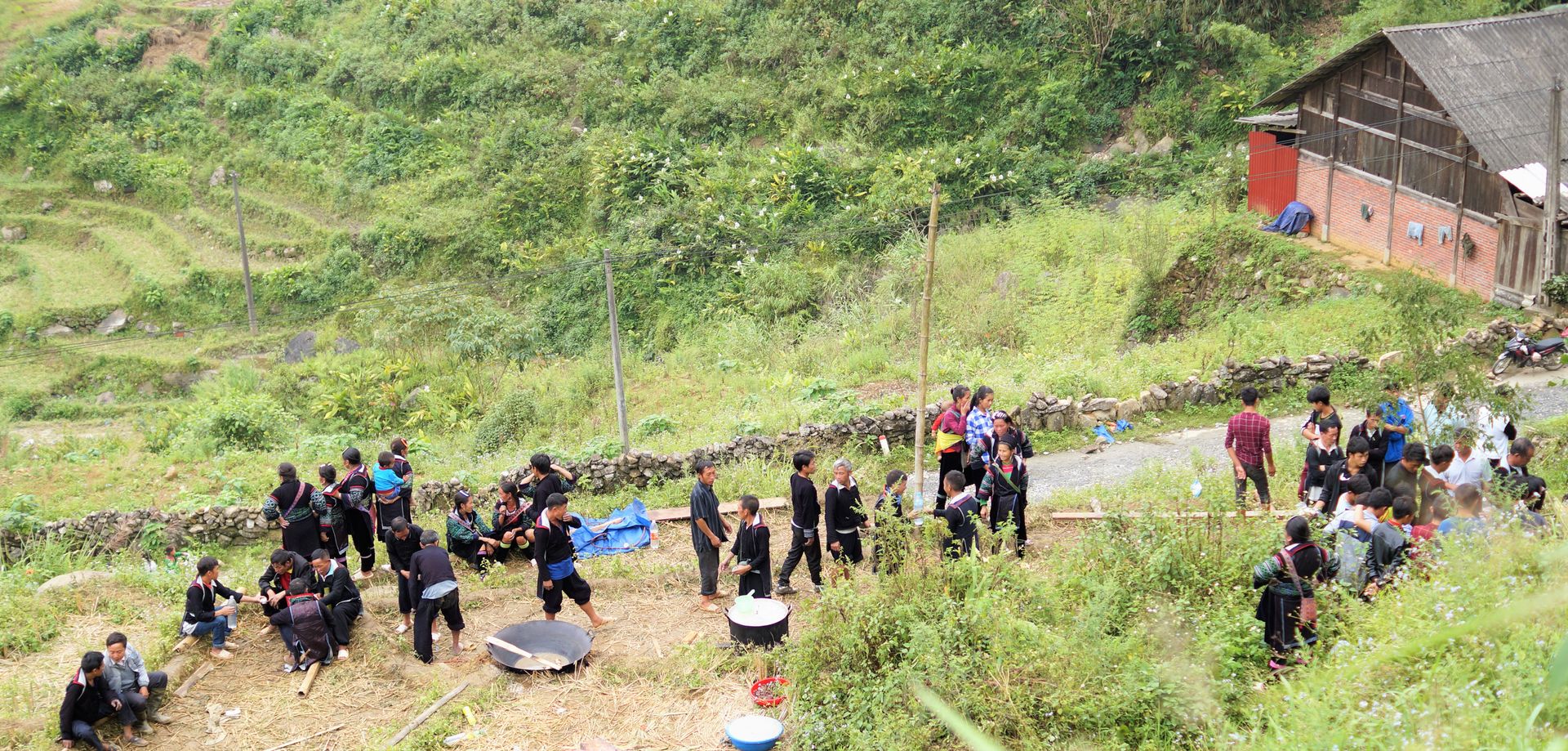
During this time, children constantly came in and out of our accommodation and enjoyed the comfort of our homestay.
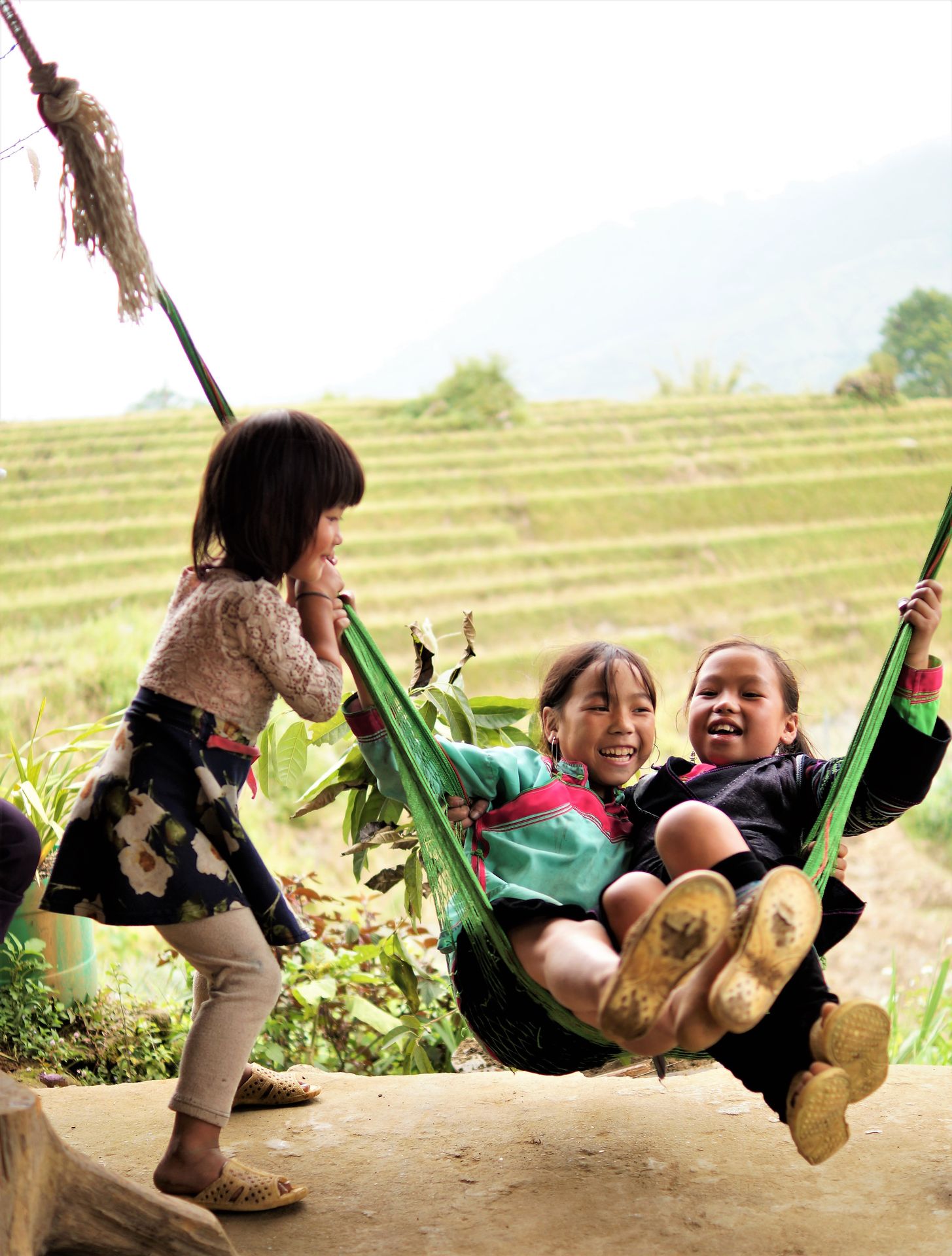
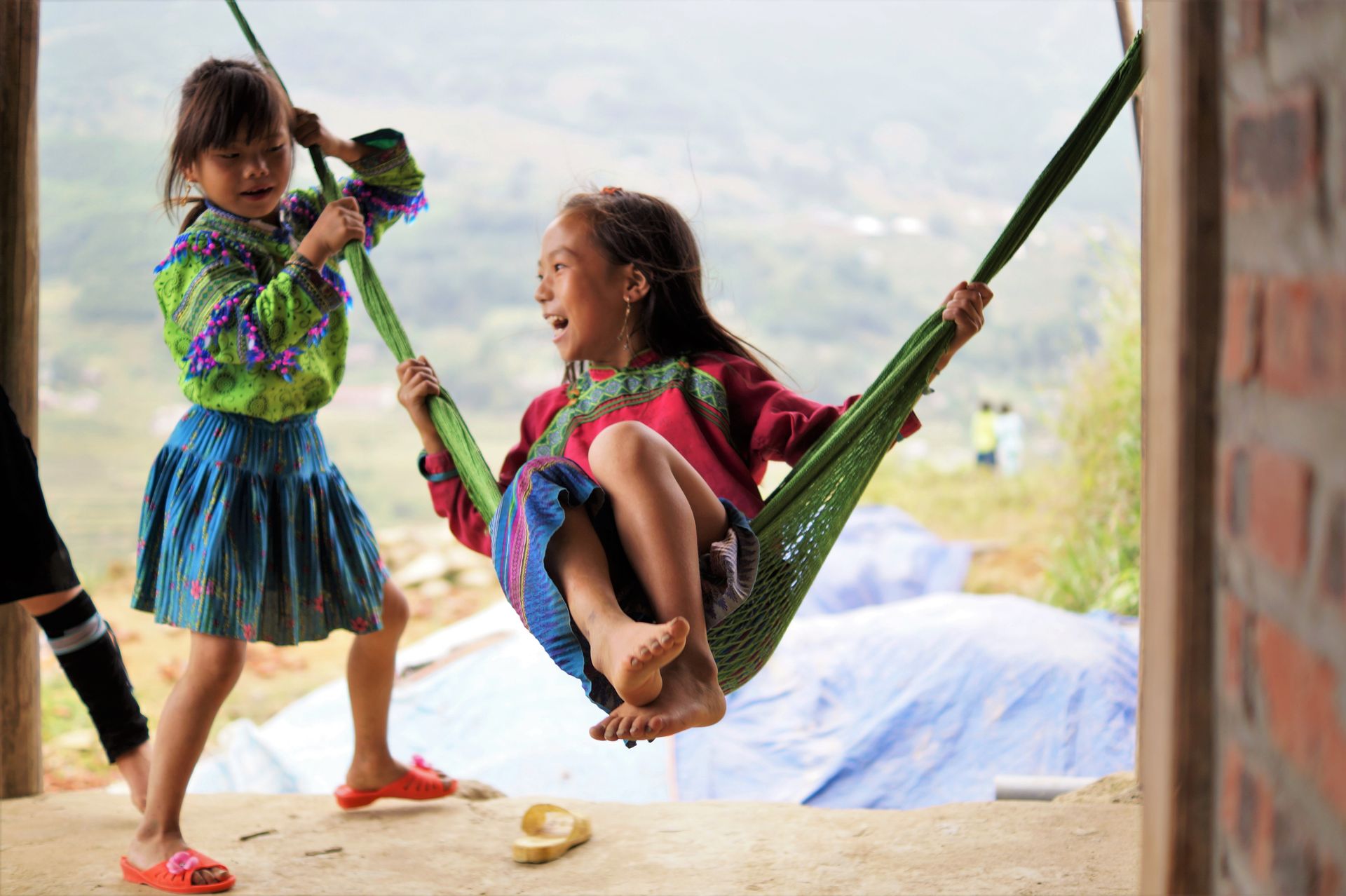
On the second day, with perfect weather, we went on a 15 km round hike with a local to get a closer look at the surroundings. Our guide was named Zi, she was from the Hmong tribe, 22 years old, married for 8 years, and already had 3 children (6, 4, and 2 years old). She spoke relatively good English. Suddenly, 3 other locals joined us on the way, including 2 girls, 10 and 8 years old, who also engaged in small talk with us. They learn English in school and have already internalized it very well through contact with tourists.

Our hike took us through rice terraces, bamboo forests, waterfalls, and small villages. After about 4 hours, our tour was over and we had gained some impressions and information about the life of the Hmong people.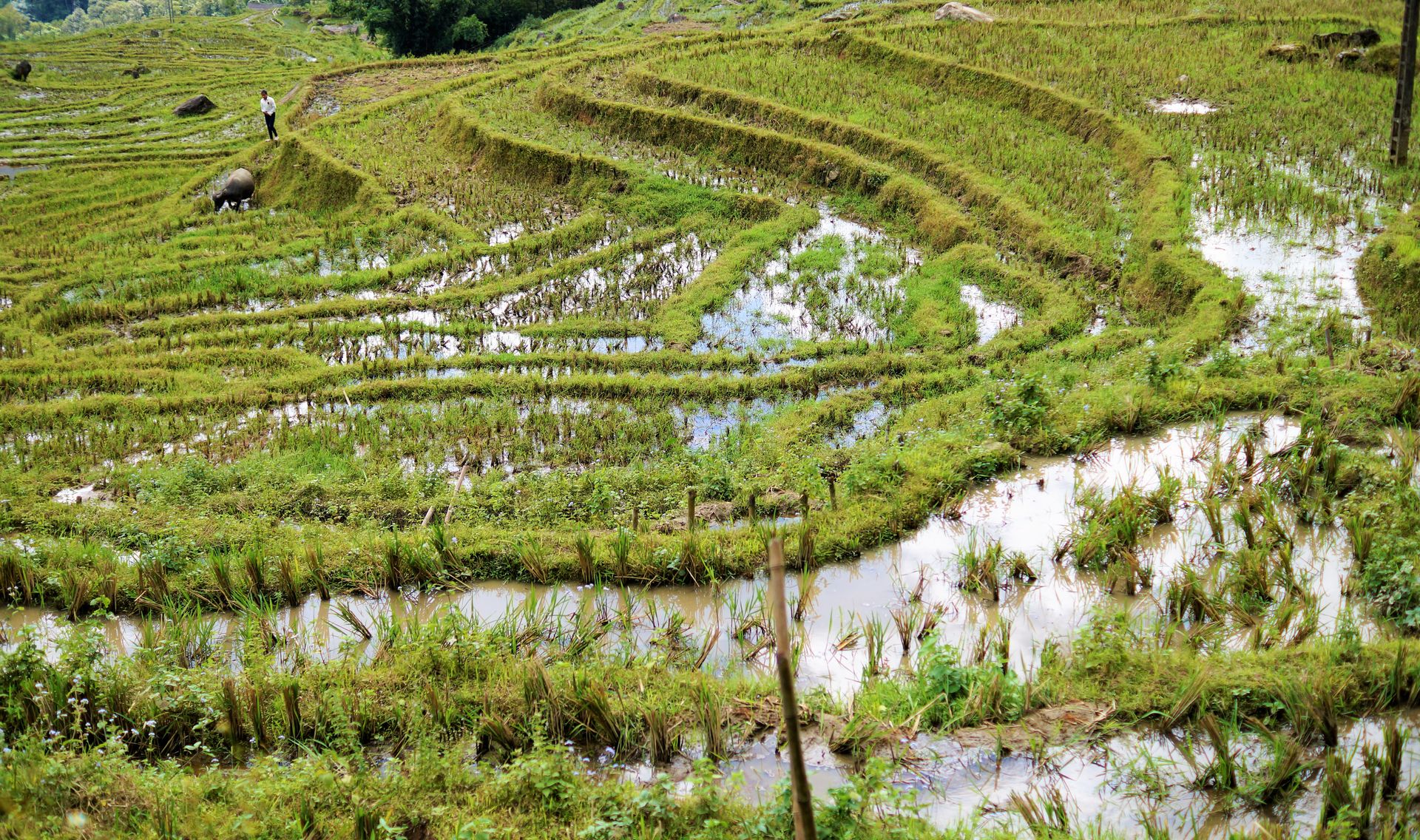
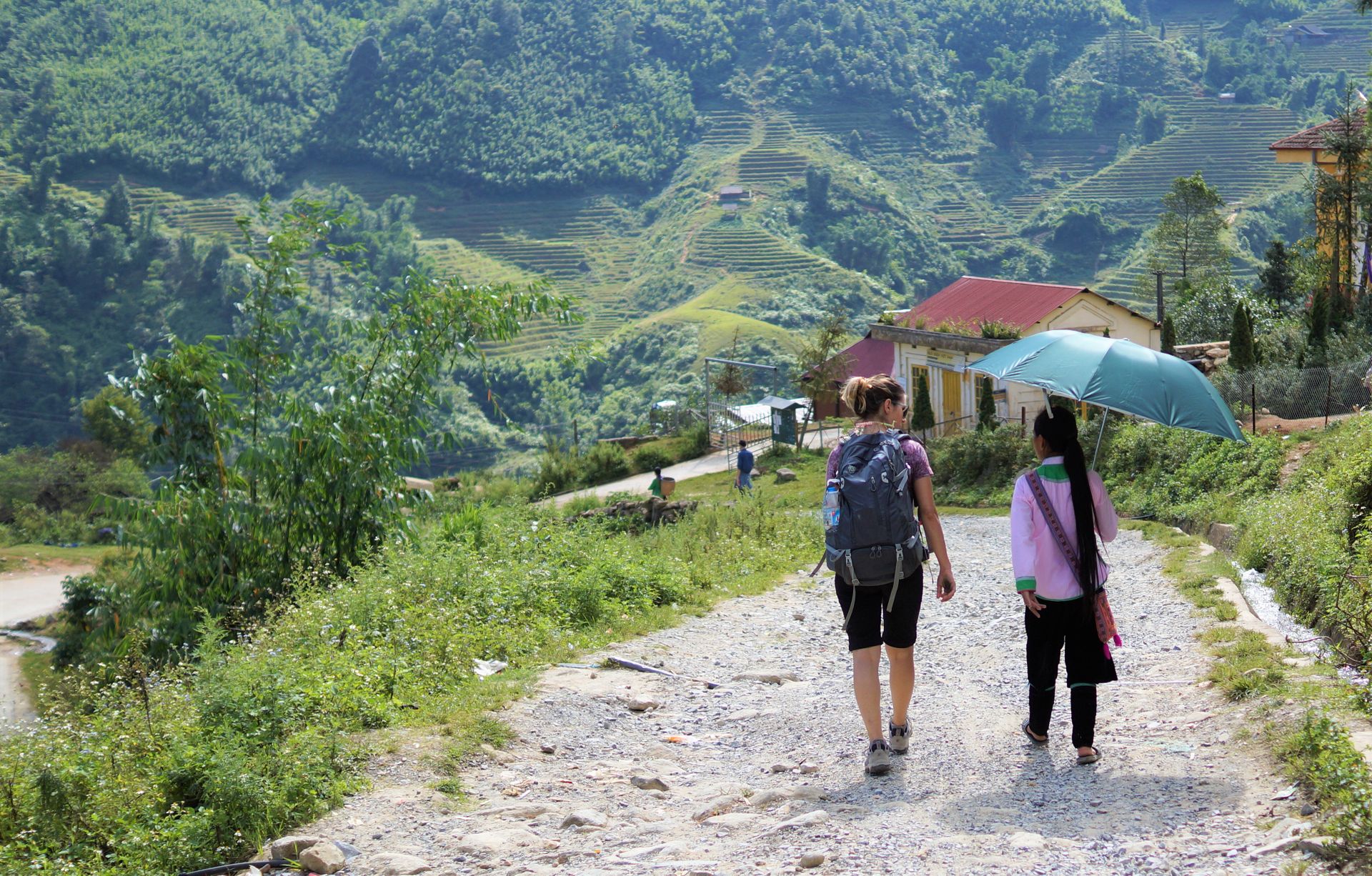
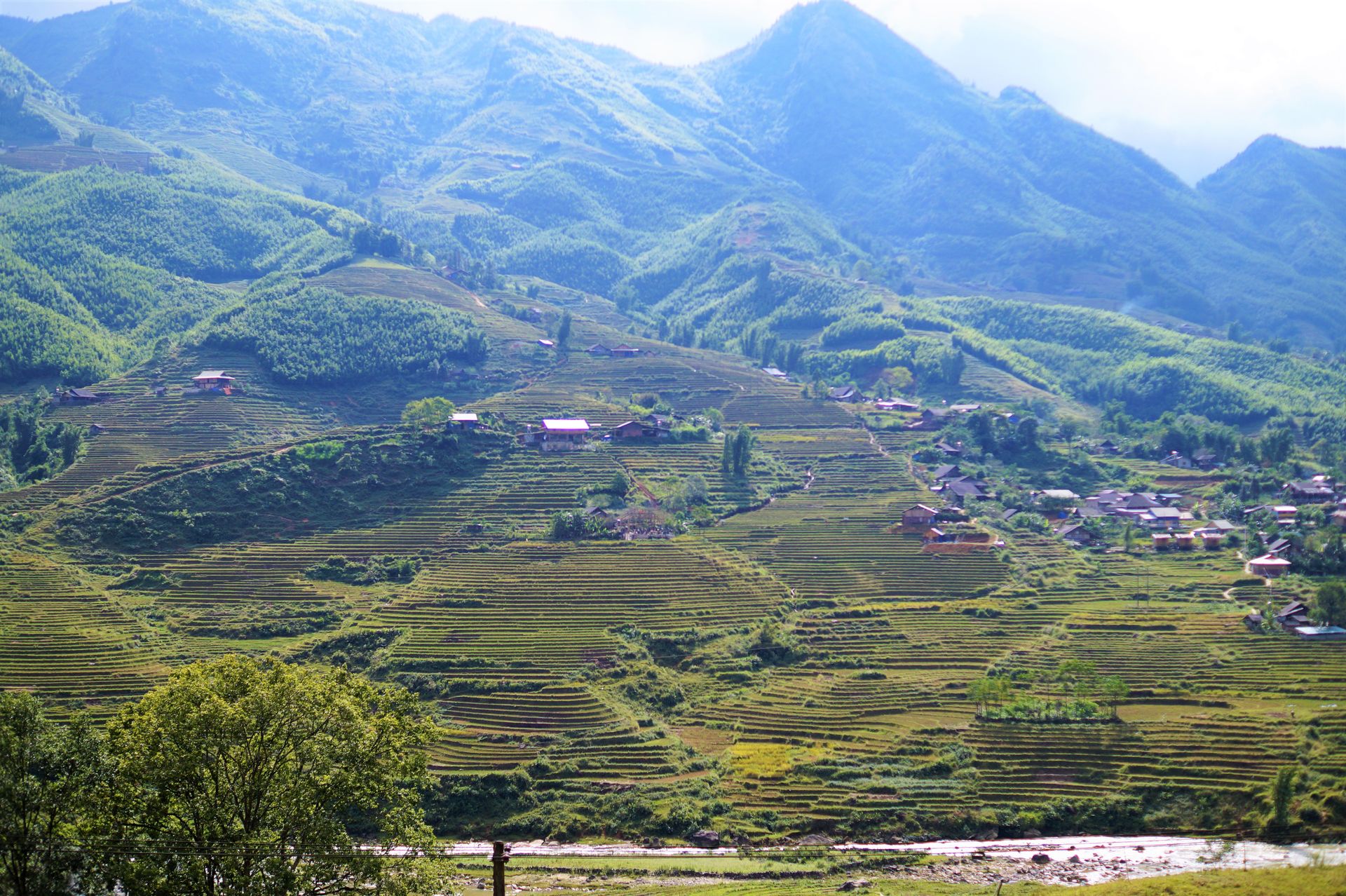
In addition to the hike, a scooter trip to Sa Pa City was our highlight. Not because of the city, which already reminds us of our experiences in Ha Long City due to tourism, but rather because of the scooter ride itself. The ride home was particularly exciting. In the dark, we drove for 30 minutes on a bad road with many potholes and obstacles - such as crossing streams, cows, or construction vehicles. The ride was a bit scary at first, but after a while, it was just an overwhelming feeling to zoom alone in the darkness in the middle of nowhere.
Conclusion:
Sa Pa is a bit off the beaten path, but it was definitely worth the trip. Life there is reduced to the essentials, but the people who live there still seem very happy and satisfied. But that's no wonder in this landscape :)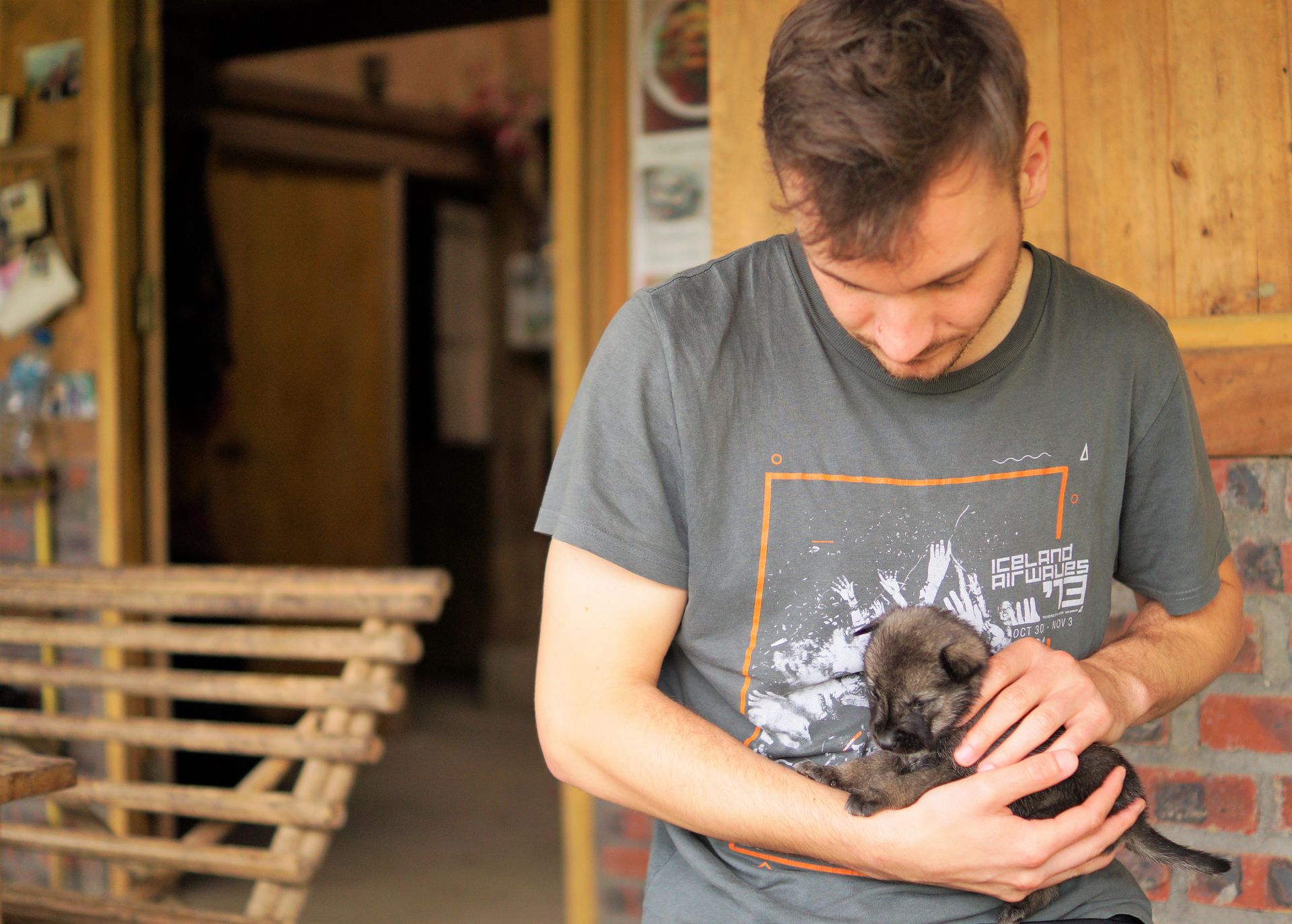
Hasta pronto,
E&L
>> Next stop: Siem Reap <<
පුවත් පත්රිකාවට දායක වන්න
පිළිතුර (1)
Oliver
Beim Lesen kommt das Fernweh..:) schön is des! Weiter so bitte 😊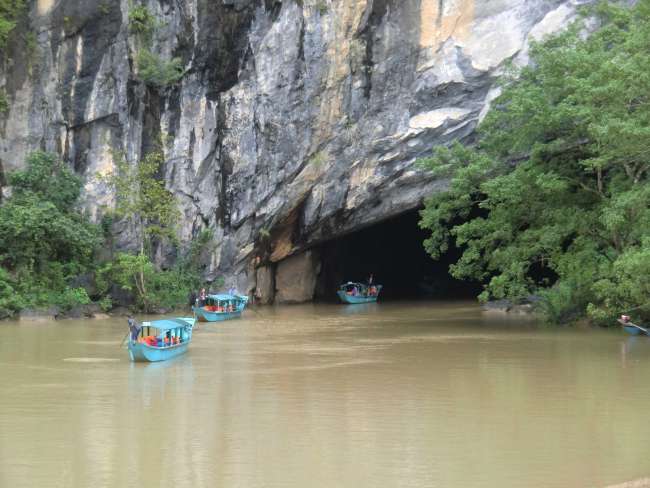
සංචාරක වාර්තා වියට්නාමය
